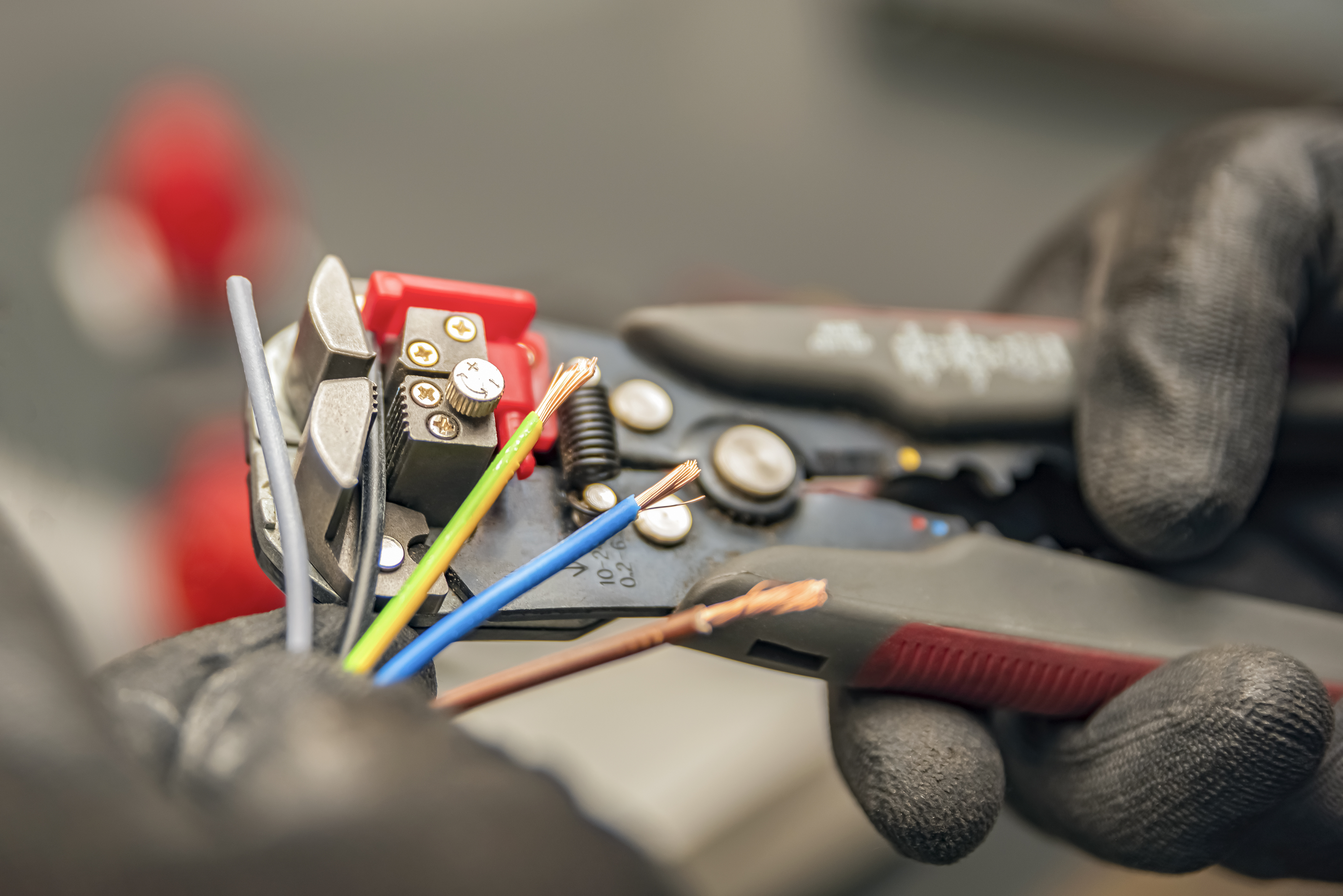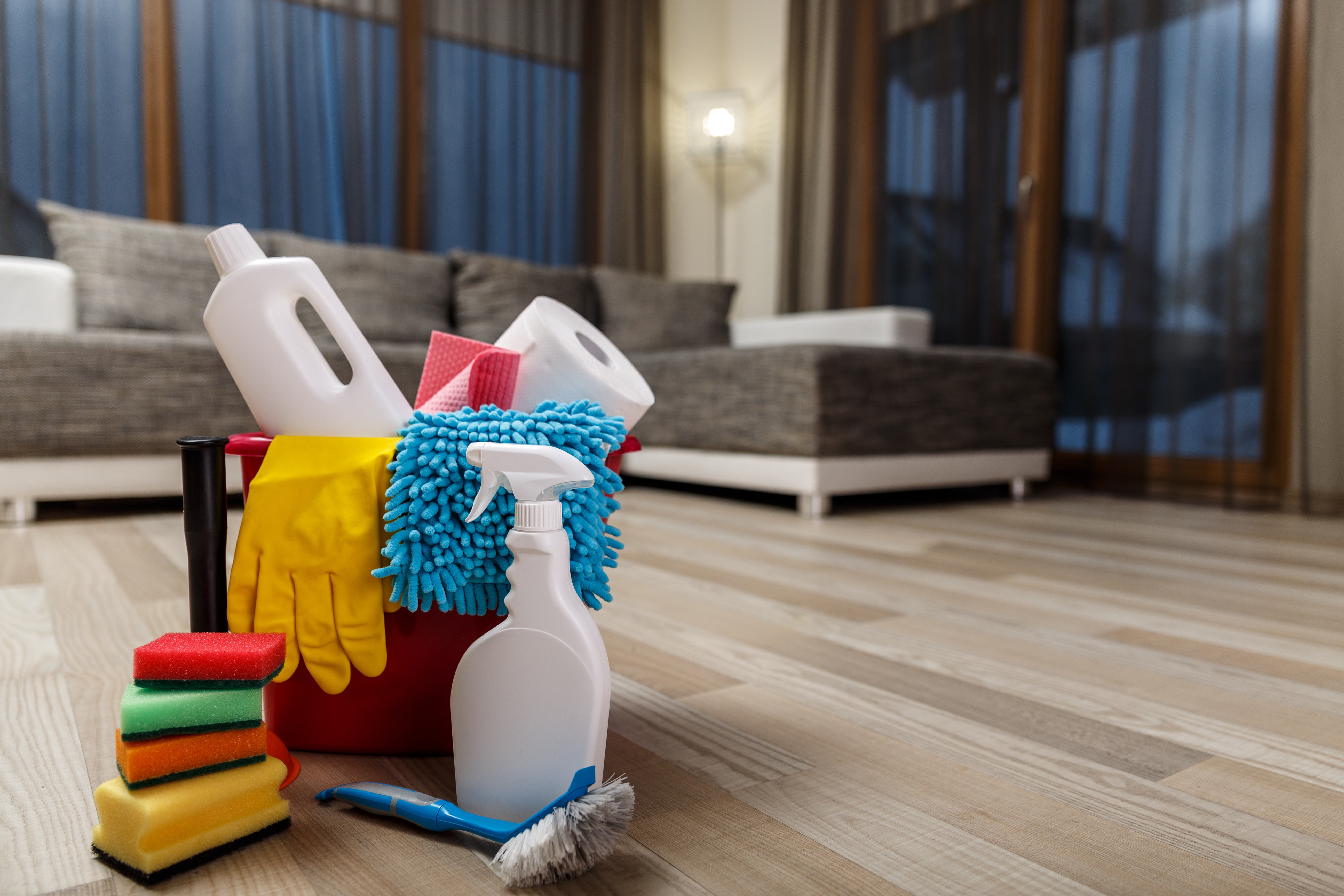Top 10 Home Service Business Mistakes
Discover the top 10 mistakes home service business owners make in their home service business. Plus, learn about the best ways to avoid these common pitfalls.

Becoming your own boss as a home service contractor is an amazing achievement. You've escaped the daily grind, don't have to answer to anyone, and can choose your own price points and working hours. However, you shouldn't mistake your newfound independence for freedom. You're now responsible for every element of your service, and one or two misplaced priorities could cost you your business.
Now that you're in charge, that doesn't mean you can relax. In fact, the start-up phase is the time when you're likely to spend the most time, effort, and energy. By working hard to avoid the common mistakes home service contractors make, you can set up a company that delivers excellent results both in person and on paper.
Don't let lack of lead generation be a mistake you make. Sign up with CraftJack today.
The Top 10 Mistakes Home Service Contractor Business Owners Make
Everyone has heard the statistic that most new businesses are doomed to fail. According to research, 30% have failed by the end of their second year, 50% by the end of their fifth year and 70% by the end of their tenth year.
If you aim to be one of the 30% of businesses that goes the distance, pay close attention to the advice below.
1. Poor Accounting And Bookkeeping
For most companies, poor cash flow is the primary cause of failure. While there are a lot of different elements that contribute to poor cash flow, insufficient accounting and bookkeeping is a big one. It's easy to get caught up in winning and completing jobs and forget about the detailed accounting that's required to operate a successful business.
You should keep track of every penny going in and coming out of your business and be able to justify everything. Overspending, underspending, not putting money aside, paying yourself too much, and getting fined for late payments are just a few accounting mistakes to avoid.
2. Not Understanding Profit And Loss
While the best contractor-operators go into business on their own because they're passionate and talented in their trade, money is paramount. Your company won't succeed unless you're in it to make a profit. It's critical that you're focused on promoting your company to as many people as possible while also remaining tightly on top of how much you're spending. Expenses home service contractors face include:
- Office space
- Equipment, such as new or used construction equipment
- Rent
- Utilities
- Wages
- Digital costs
- Furniture and consumables
- Marketing
- Insurance
- Taxes
- Ongoing employee training and development
3. Neglecting Your Social Media Strategy
Social media is where it's at. Home improvement contractors shouldn't neglect traditional marketing efforts such as direct mail and leafleting, but more emphasis is required on digital marketing than ever. When it comes to local small businesses that provide roofing, handyman, HVAC, painting, and other home services, social media is your best friend.
Many people use Google to search for local contractors, but increasingly, customers are turning to Facebook and Instagram to find local businesses. Not only can you showcase your work and schedule appointments on these apps, but they can deliver low-cost, highly targeted local ads to people in your area.
4. Insufficient Health And Safety Measures
When accidents take place during a home service appointment, property can get damaged and people can potentially get hurt. If your team uses ladders and chemicals or is required to move heavy items or rearrange furniture, there's a lot at stake. Many contractor businesses that fail to take the necessary safety measures end up paying out huge sums in legal fees, fines, and compensation.
What's more, not having documented and standardized processes for health and safety means your team takes longer to complete jobs. And without the necessary tools and resources, your team isn't in a position to deliver the high standards of safety that customers expect.
5. No Customer Experience Strategy
Speaking of customers, the level of expectation consumers have when it comes to service is higher than ever. That's also true for the communication skills and user-friendliness demonstrated across every interaction a customer has with your business. There are more home service contractors out there than ever, and you should aim to master every competitive advantage you can.
For example, you might be smooth-talking and charming enough to convince customers to choose your company. However, if you send out a team that isn't trained in customer service, all your work can be undone. You should aim to deliver excellence at every customer interaction across each stage of their journey with your business.
6. Expanding Too Fast
Expanding too quickly is another major pitfall for home service contractors. As soon as you have a few successful months, it can be tempting to invest your profit into hiring, buying new equipment, and rapidly expanding your reach. However, without a proper understanding of how different factors impact your profits — such as seasonal, local, and industry shifts — you shouldn't attempt growth.
First, you might find the boom in sales is temporary. Then you're stuck with a team of employees you'll have to let down and a load of equipment that's not making you any money. Secondly, waiting for one or two years before attempting growth is simply more sensible. You'll get a feel for seasonal changes and have the time to analyze how local events and market-based issues impact sales.

7. Underestimating Digital Marketing
While social media might be one of the most important elements of a home service contractor's marketing strategy, it shouldn't be the only one. Digital marketing has huge potential for growing your audience and developing an online reputation that impresses prospective customers.
If you're from an older generation of professionals, it might seem unnecessary to you. You might have gotten by in the past by doing an exceptional job and relying on word of mouth and promotional materials such as van stickers, decals, and door hangers. But as the younger generation now makes up the majority of your consumer base, it's vital that you embrace digital marketing.
8. Underwhelming Employee Experience
Another major change that's taken place in recent years is a shift in how employees are viewed and treated. While employees were once seen as more of a commodity to be treated as the business owner saw fit, increased transparency and competition have changed the playing field. If an employee is unhappy, not only can they leave and find a new job; they can also post about their experience on social media.
Plus, focusing on your employee experience means your team is more likely to go above and beyond on your behalf. They'll treat customers better, they won't moan about staying late a few times a week, and they'll stick around for a long time. High employee turnover is a huge drain on profits, and it can be avoided by treating your staff right.
9. Poor Pricing Strategy
So many new home service contractor operators make the mistake of using bargain prices to woo customers. It's a prominent issue in the home improvement industry. Sure, you can attract a ton of customers by undercutting everyone in your local area, but this is a surefire way to tank cash flow. If your prices are so low that you're not making profits, you could even end up paying more to complete jobs than you're charging for them — and that's no way to go about business.
10. Not Enough Attention Given To Lead Generation
As you can tell from the above nine points, your focus as a business owner should primarily be on making accurate financial projections and carefully planning how to make a profit. Business planning, social media, team-building, health and safety, and an overall marketing strategy are your top priorities. And they take up a lot of time.
Trying to source every home service lead yourself while managing these critical elements is practically impossible. Many small business owners fail because they try to take on too much without outsourcing and automating wherever possible.
How To Avoid Common Pitfalls
Now that you understand what goes wrong with new home service businesses, let's look at how you can avoid making those all-too-common mistakes.
1. Learn About Cash Flow And Accounting Best Practices
If there's one area you need to learn about when setting up a home service business, it's business. Consider going to a business course, getting an MBA, or at the very least getting lost in research about cash flow and accounting.
You must ensure that you've calculated your estimated profits for at least five years before you've even considered working for your first customer. Create detailed financial projections that cover one-year, two-year, and five-year periods. Ensure you have three estimated annual profits for each year, including lean, average, and generous projections.
2. Use Free Bookkeeping Software
In the past, being proficient in math was pretty much essential for running a successful small business. Being organized, good with numbers, and able to make fast calculations meant you could avoid costly pitfalls with your P&L accounting, pricing structure, and daily banking. Thankfully, automated bookkeeping services now exist, which means all you have to master is data input.
3. Learn The Power Of Social Media
Having a social media marketing strategy is another area you should extensively research during the start-up phase — or if you're simply looking to level up your home improvement business. Many consumers have more trust in the information they get from social media than they do from websites or promotional materials.
4. Document Everything And Outsource Compliance
The first step to avoiding costly health and safety mistakes is documenting everything and having step-by-step guidance on how to complete any hazardous task. There are companies that oversee health and safety in the workplace, and they can help you get the necessary signage and tools.
Consider working with a third-party compliance company that can impartially assess your health and safety measures. They'll help you avoid fines and keep your team and customers safe.
5. Know Thy Customer
Customer experience is one of the key predictors of how profitable a company will be. If you look at the business models of companies such as Google, Spotify, Apple, and Netflix, it's clear to see how much of an impact it has on business.
6. Remember That Slow And Steady Wins The Race
Expanding too quickly is a fast track to high debts, poor cash flow, and unhappy employees. Avoid the temptation to rapidly expand as a knee-jerk reaction by carefully planning your first few years in business in advance. By making plans for high-revenue and slow periods, you can adapt your strategy slightly depending on volume instead of making large, irreversible changes too quickly.
7. Develop A Diverse Marketing Strategy
Instead of placing all your eggs in one marketing strategy basket, plan for diversity. Ideas include upgrading your website's SEO, writing how-to blog posts for social media, social media marketing, using lead generation websites for home service contractors, and sending a newsletter by email with helpful tips and advice.
8. Invest In Employees
The best ways to improve employee experience are training your team and providing them with all the resources they need to do their best work. Training and development help your business while adding genuine value to employees' lives.
9. Implement A Business Plan
Above all else, what every home improvement business owner needs is a business plan. If you don't yet have one, it's time to compile this all-important document and get it checked over by someone else who's succeeded in setting up and running a company.
10. Partner With A Specialty Lead Generation Service
While you're getting your head around all the above, leave lead generation up to CraftJack. We'll find people who need home services in your area so you can get on with refining your business plan.



